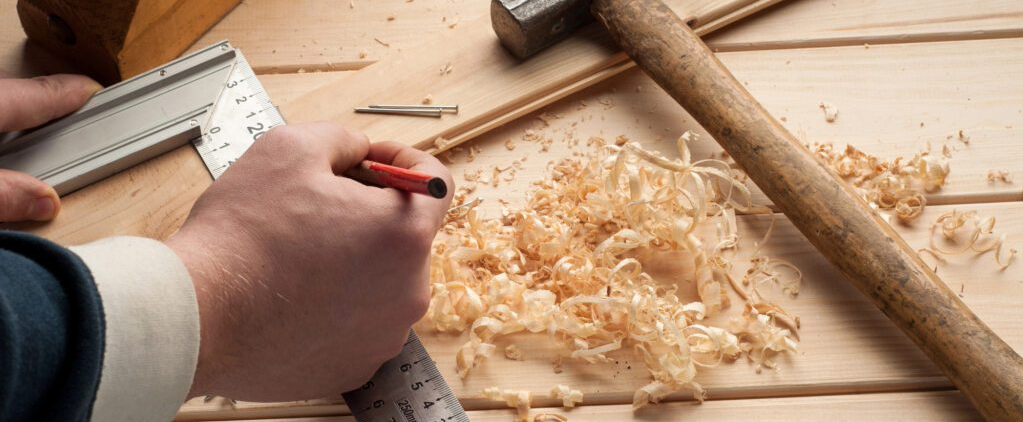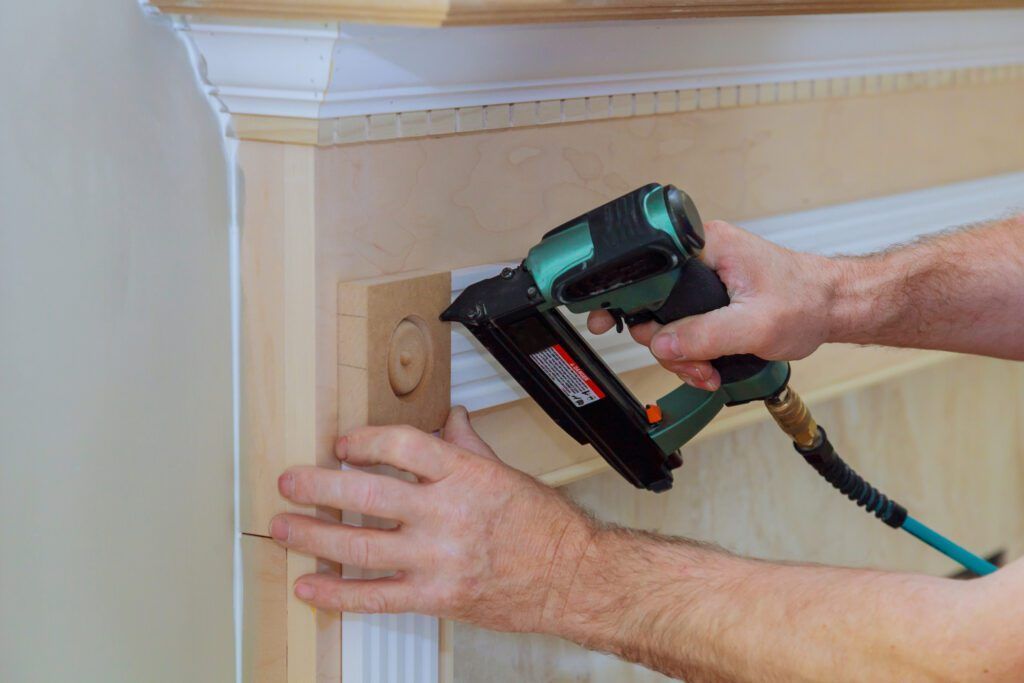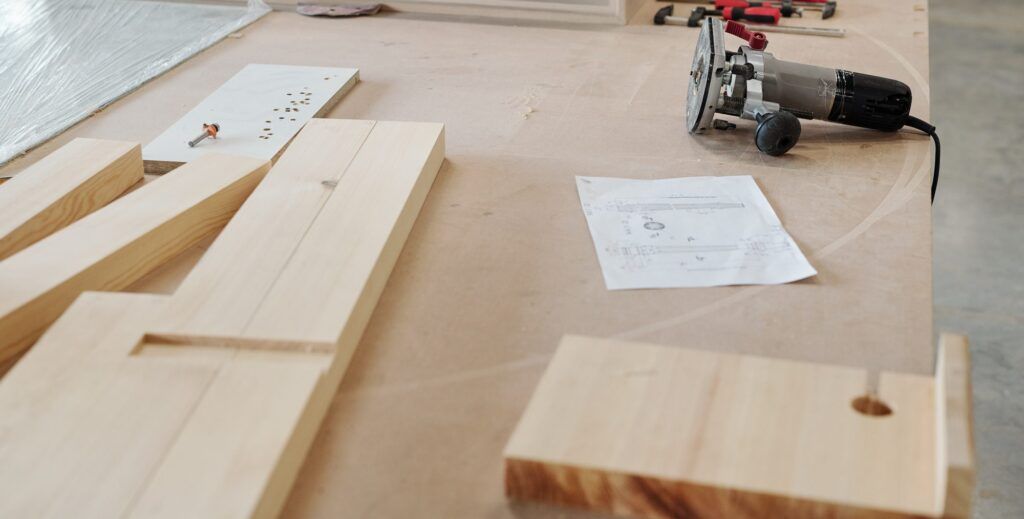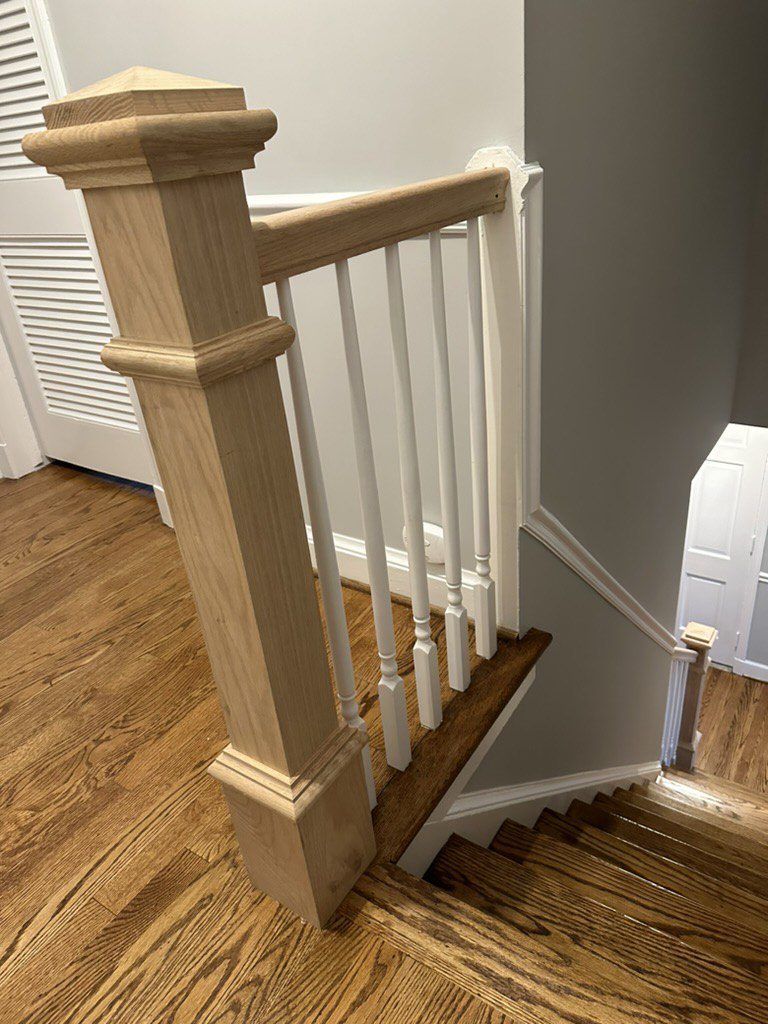Decoding Quotes: Comparing Costs and Services of Finish Carpenters

When you are looking to enhance your home’s aesthetic with detailed woodwork, it is crucial to understand how to navigate the hiring process of a professional. This guide on Decoding Quotes: Comparing Costs and Services of Finish Carpenters aims to equip you with the necessary information to analyze various quotes and services offered by these skilled artisans. By the end of this article, you will be well-informed to make choices that align with your home improvement goals.
What is Finish Carpentry?
Finish carpentry involves the art of constructing and installing the final elements in both residential and commercial buildings. This can include a wide array of features such as moldings, trims, windows, doors, and cabinetry. These elements, although often considered ornamental, are essential in defining the character and finishing touches of a space.
Examples of Finish Carpentry Work
- Trim Work: This includes the installation of baseboards, door and window frames, and crown molding.
- Cabinetry and Shelving: Designing and installing cabinets and shelves that are both functional and visually appealing.
- Stair and Railing Installation: Crafting and fixing stairs and railings that are integral to the structure’s design and safety.
Take the next step towards transforming your home
Request an Estimate
Factors Affecting the Cost of Finish Carpentry
To make an informed decision when hiring a finish carpenter, it is essential to understand the various elements that influence the cost of their services. These costs can vary widely depending on the materials, the complexity of the work, and the project’s scope. Here is a detailed look at each factor:
Materials Used
The choice of materials is one of the primary factors that affect the cost of finish carpentry. Materials can range from standard to premium, impacting both the cost and the appearance of the final product.
- Softwoods: These are generally more affordable and are suitable for a wide range of applications. However, they are less durable than hardwoods.
- Hardwoods: Known for their durability and the rich aesthetic they offer, hardwoods are typically more expensive. They are preferred for high-quality finish work that adds luxury and elegance to a space.
- Exotic Woods: These are even more costly due to their rarity and the unique characteristics they bring to fine carpentry projects. They are often used in bespoke or high-end installations.
- Engineered and Composite Materials: Sometimes used as a cost-effective alternative to natural wood, these materials can offer durability and moisture resistance, which are ideal for certain environments.
Complexity of the Design
The design’s complexity plays a crucial role in the overall cost. More intricate and detailed designs require advanced skills and more time to execute, which can significantly increase labor costs.
- Standard Designs : These involve straightforward cuts and installations, generally resulting in lower costs.
- Custom Designs: Created to meet specific client requirements, these designs include unique patterns, custom-built structures, or intricate details that require precision and expertise
- Artistic Elements: Some finish carpentry incorporates artistic elements like carvings or inlays, which require specialized skills and significantly more time to complete.
Scope of the Project
The overall scope and scale of the project also determine the cost. Larger projects require more materials, more time, and often more complex coordination and labor.
- Single-Room Projects: These are typically less expensive as they involve limited areas and materials
- Whole-House Installations: These projects are more extensive and include multiple rooms, often requiring uniformity across various spaces which can increase costs.
- Commercial Projects: These may involve even larger scopes and stricter building codes, leading to higher overall costs due to the scale and the commercial-grade materials that may be required.
Understanding these factors helps in evaluating carpenter quotes more effectively. When you receive a quote, it is crucial to consider how these elements are reflected in the pricing. By doing so, you can better assess the value offered by each carpenter and make a more informed decision that balances cost with the quality and scope of work.

How to Compare Quotes Effectively
When reviewing quotes from various finish carpenters, it is crucial to evaluate them carefully to ensure you receive the best value. Here’s how you can do it effectively:
Understanding the Breakdown
Ensure each quote includes a clear breakdown of:
- Materials: What types of materials are being used?
- Labor: How many hours are projected, and what is the rate?
- Additional Costs: Are there any extra charges for special requirements?
This detailed information helps you see precisely where your money goes and assists in comparing different carpenters on equal footing.
Experience and Reputation
Assess the carpenter’s experience and reputation:
- Experience: More experienced carpenters might charge higher rates but often bring greater skill and efficiency.
- Reputation: Check reviews and past project galleries to gauge the quality of work and customer satisfaction.
Considering these aspects can help you justify spending more for a carpenter who offers superior craftsmanship and reliability.
Decoding quotes and comparing the costs and services of finish carpenters require a keen eye for detail and an understanding of what makes a fair and reasonable offer. By considering the factors outlined above, you can confidently navigate the selection process, ensuring you find the right professional for your project’s specific needs. Equip yourself with knowledge, and transform your space into a beautifully crafted masterpiece.

Ready to refine your space with professional finish carpentry?
Request an EstimateFAQs on Finish Carpenters
Q: What should I look for in a finish carpenter’s quote?
A:
Always look for detailed breakdowns of materials and labor. A reputable carpenter will be transparent about their pricing and happy to explain each component of the quote.
Q: How long does finish carpentry take to complete?
A:
The duration depends on the project’s complexity and scope. Simple projects might take a few days, while more intricate work could last several weeks.
Q: Is it worth hiring a more expensive finish carpenter?
A:
Investing in a higher-priced but reputable carpenter can lead to better craftsmanship and more durable finishes, which might save you money on repairs and adjustments in the long run.
The post Decoding Quotes: Comparing Costs and Services of Finish Carpenters appeared first on Fogg Carpentry.
